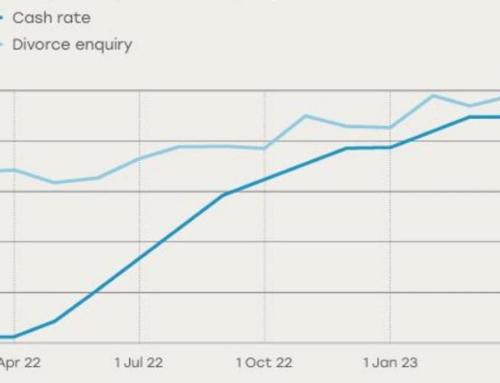The rapidly evolving digital landscape has transformed our idea of what constitutes an asset, expanding it beyond physical possessions, to encompass a vast array of virtual and digital possessions. These digital assets can still have either or both economic or sentimental value – so what happens to these digital assets when someone dies, particularly if they are shielded by intricate encryption, making access challenging and potentially impossible for anyone other than the account holder?
Estate planning for digital assets and cryptocurrencies is a complex endeavour and needs to be specifically addressed in the estate planning process, otherwise those assets could be lost forever.
How to include digital assets in your estate planning:
1) Identify and document digital assets in a central register:
When drafting your Will, it is important that you compile a comprehensive inventory of all digital assets so that your Executor is aware of the nature and value of your estate. You do not need to list these assets in your Will however you should maintain a digital asset register which is held with your Will or maintained by you and your Executor is aware of. The information you should record are your usernames, passwords, online keys and answers to common security questions.
Caution must be exercised when recording passwords in a digital asset register. This is also why these details should not be included in your Will.
2) Establish a Digital Estate Plan:
If you want your digital assets distributed in a specific manner, including whether you wish for your executor to liquidate your digital assets (if possible), it is important that you create a digital estate plan. A digital estate plan must complement your Will and outline your preferences regarding the distribution and management of your digital assets after you die.
As digital assets continue to integrate into our daily lives, it becomes increasingly important to comprehend the legal complexities associated with managing these assets within an estate planning context. By proactively addressing these matters, you can facilitate the seamless administration of your estate and alleviate the burden on your loved ones when you die.
If you are concerned about how your digital assets will be distributed following your death – speak to one of our experienced Wills & Estates solicitors today.






